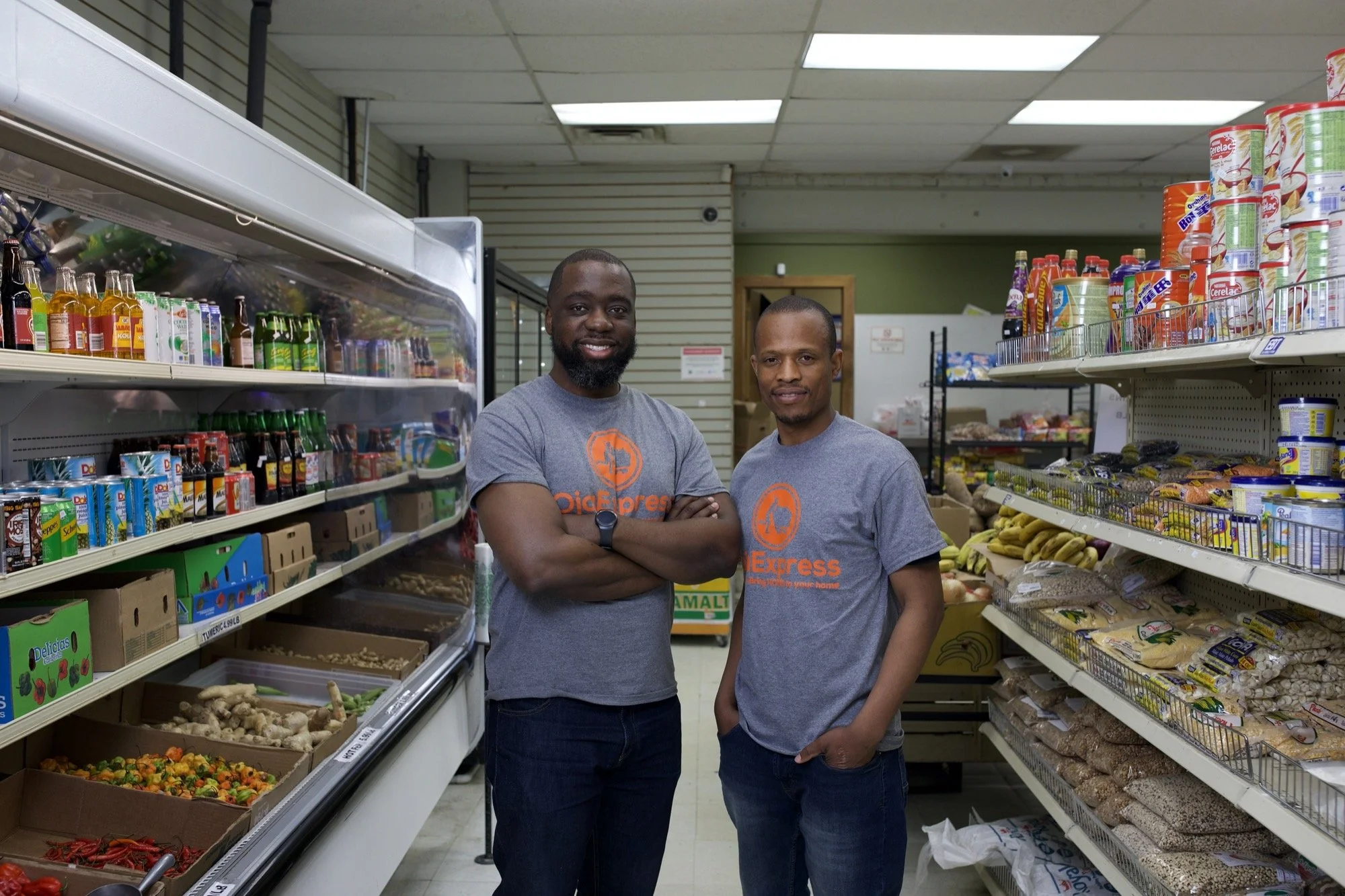Welcome to Season 8!
It has been far too long and I am really excited to be back behind the old mic bringing you all new interviews this season. I am so grateful for the conversations that I’ve had so far for this season, and have some more planned that I am really looking forward to sharing with you.
True to any season launch for AnthroDish, I’m going to give you a breakdown of all the reasons why the season ended so abruptly at the end of March 2022 (and how it almost always happens that seasons end abruptly in the spring and launch in the fall).
Check out the solo episode to hear some more personal updates, and then brace yourself for all the amazing conversations that have been happening behind the computer scenes for the last many months! New episodes each Tuesday







